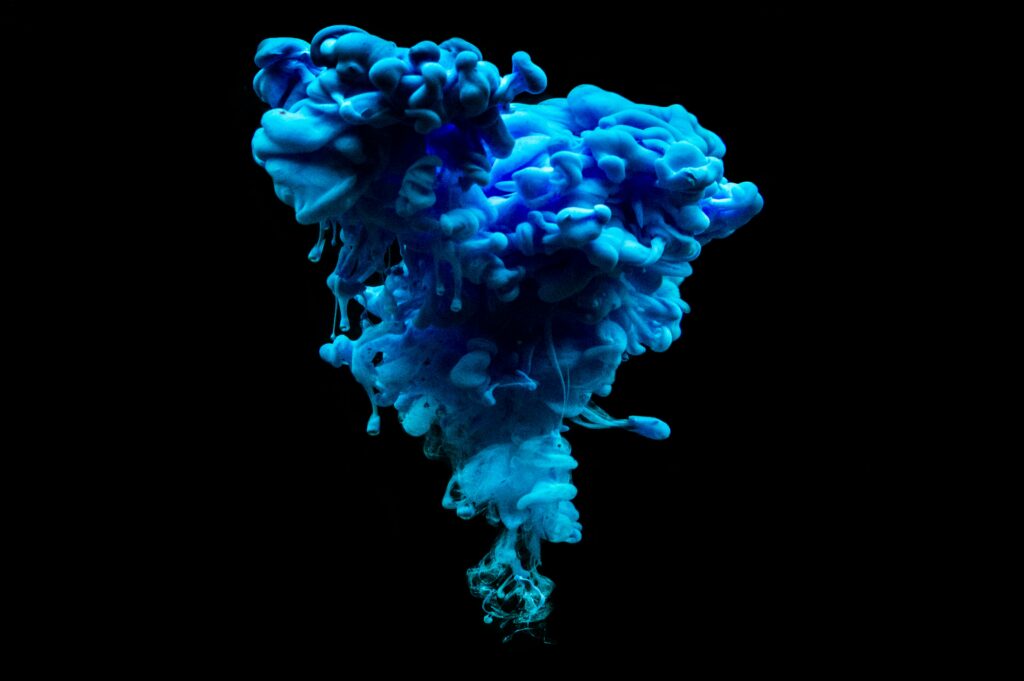Substance abuse and mental health disorders are closely intertwined. For many individuals, one condition doesn’t just coexist with the other—they actively fuel each other, creating a complex cycle of pain, coping, and relapse. This dual-diagnosis connection makes diagnosis, treatment, and recovery more challenging—but also more essential to approach holistically.
At Central Florida Detox, we understand that substance use is often a symptom as much as it is a disorder. For those struggling with both addiction and mental health concerns, the path to healing requires addressing both together.
In this article, we’ll explore the connection between substance abuse and mental health, how one impacts the other, common dual diagnoses, and why integrated treatment is key to long-term recovery.
Understanding the Relationship: What Is a Dual Diagnosis?
A dual diagnosis—also called co-occurring disorders—occurs when someone has both a substance use disorder (SUD) and a mental health disorder, such as depression, anxiety, PTSD, or bipolar disorder.
According to the National Institute on Drug Abuse (NIDA), about 50% of individuals with a mental illness will also experience a substance use disorder at some point in their lives, and vice versa.
But this isn’t coincidence—it’s a deeply connected relationship that often looks like this:
- A person struggling with depression or anxiety may turn to drugs or alcohol to self-medicate.
- Long-term substance use can change brain chemistry and trigger new or worsen existing mental health symptoms.
- Withdrawal and relapse cycles can exacerbate emotional instability, making both conditions harder to treat.

Why Do Mental Health and Substance Abuse Co-Occur So Often?
There are several reasons these disorders frequently appear together:
1. Shared Risk Factors
Mental illness and addiction often stem from similar risk factors:
- Genetics
- Early childhood trauma or abuse
- Chronic stress
- Brain structure or function irregularities
- Environmental exposure to drugs at a young age
2. Self-Medication
Substances can temporarily mask mental health symptoms. For example:
- Someone with social anxiety may use alcohol to feel more comfortable in groups.
- Someone with PTSD may use opioids or benzos to numb flashbacks or emotional pain.
But over time, this leads to dependence—and often, the substance worsens the underlying mental health issue.
3. Neurological Impact
Substance use can alter brain chemistry in ways that trigger mental illness. For example:
- Chronic alcohol use can lead to depression and anxiety.
- Stimulants like cocaine or methamphetamine can lead to paranoia, panic attacks, or psychosis.
- Cannabis, when used heavily during adolescence, may increase the risk of schizophrenia in genetically vulnerable individuals.
Common Co-Occurring Disorders
Some of the most frequent pairings of mental illness and addiction include:
• Depression and Alcohol Use Disorder
Alcohol is a depressant and can intensify symptoms like hopelessness, fatigue, and low self-worth. It may also interfere with the efficacy of antidepressants.
• Anxiety Disorders and Benzodiazepine Dependence
People with generalized anxiety, panic disorder, or PTSD may begin using Xanax, Valium, or similar medications—and later develop dependency due to rapid tolerance buildup.
• Bipolar Disorder and Stimulant Abuse
The mood fluctuations in bipolar disorder may drive people to use stimulants (to counter depression) or sedatives (to manage mania), which can create chaotic mood cycles and erratic behavior.
• PTSD and Opioid Use Disorder
Individuals with PTSD often experience nightmares, flashbacks, and emotional detachment. Opioids may provide temporary emotional relief, but dependency quickly follows.
How Substance Abuse Worsens Mental Health Symptoms
Substance use not only fails to solve the underlying mental health issues—it tends to make them worse. Here’s how:
- Disrupted Sleep: Drug and alcohol use commonly interferes with sleep, which is crucial for emotional regulation.
- Impaired Decision-Making: Intoxication can lead to reckless or dangerous behavior that causes trauma, legal issues, or relationship damage.
- Isolation: Substance abuse often leads to social withdrawal, deepening depression or anxiety.
- Shame and Guilt: People often feel remorse after using, especially if they relapse, reinforcing a negative self-image.
- Financial Stress: Addiction is expensive. As debt and instability mount, anxiety and depression often increase.
Diagnosing Co-Occurring Disorders
Dual diagnosis is often missed in traditional treatment settings. Why?
- Symptoms overlap. For example, withdrawal can look like anxiety or depression.
- Patients may not report mental health symptoms until after detox.
- Some facilities focus only on the addiction or only on the mental illness—not both.
At Central Florida Detox, our clinical intake team screens for both substance use and mental health disorders from the start. We believe you can’t treat one without treating the other.
The Importance of Integrated Treatment
Integrated treatment for co-occurring disorders means both the addiction and the mental health condition are treated at the same time—not in isolation.
Here’s what that looks like in a quality inpatient setting:
Medical Detox with Psychiatric Oversight
Patients withdrawing from drugs or alcohol are monitored for psychiatric symptoms like hallucinations, panic, suicidal thoughts, or psychosis. Medications are carefully chosen to support both detox and mood stabilization.
Dual Therapy Tracks
Individual therapy includes both addiction counseling and mental health treatment, such as:
- Cognitive Behavioral Therapy (CBT)
- Dialectical Behavior Therapy (DBT)
- Trauma-Informed Therapy
Medication Management
Antidepressants, mood stabilizers, or anti-anxiety medications may be introduced as needed—only under psychiatric supervision and with careful attention to substance interactions.
Group Support with Peers Who Understand
Many people with co-occurring disorders feel misunderstood. Group therapy can provide support from others dealing with similar challenges.
Discharge Planning
Before you leave inpatient treatment, you’ll have a custom aftercare plan that includes outpatient therapy, psychiatric care, and support groups like Dual Recovery Anonymous (DRA).

What Happens If You Only Treat One?
- Treating just the addiction: Without addressing mental health, the risk of relapse skyrockets. The pain, anxiety, or trauma that led to substance use will return.
- Treating just the mental illness: Substance use can interfere with medications and make therapy less effective.
Long-term recovery requires addressing both.
How Central Florida Detox Supports Dual Diagnosis Recovery
Our inpatient program is built around integrated care for people with co-occurring disorders. We offer:
- 24/7 medical and psychiatric supervision
- Evidence-based therapies tailored to your unique mental health needs
- Nutritional and lifestyle support to rebuild physical and mental wellness
- Discharge plans that connect you to continued support after inpatient care
You don’t have to figure this out alone. We understand what it means to live with both a substance use disorder and a mental health diagnosis—and we’re here to help you heal.
Final Thoughts: You Deserve Whole-Person Care
The relationship between substance abuse and mental health is complex, but so is the human spirit. With the right support, it’s absolutely possible to untangle the web of co-occurring disorders and move toward lasting recovery.
Treating the whole person—mind, body, and behavior—is not just effective, it’s essential.
Contact Us
Central Florida Detox
1120 S Park Ave, Apopka, FL 32703
(321) 251-2240
If you or someone you love is struggling with both addiction and mental health issues, don’t wait. Call today to speak with our admissions team and begin your journey toward comprehensive healing.



